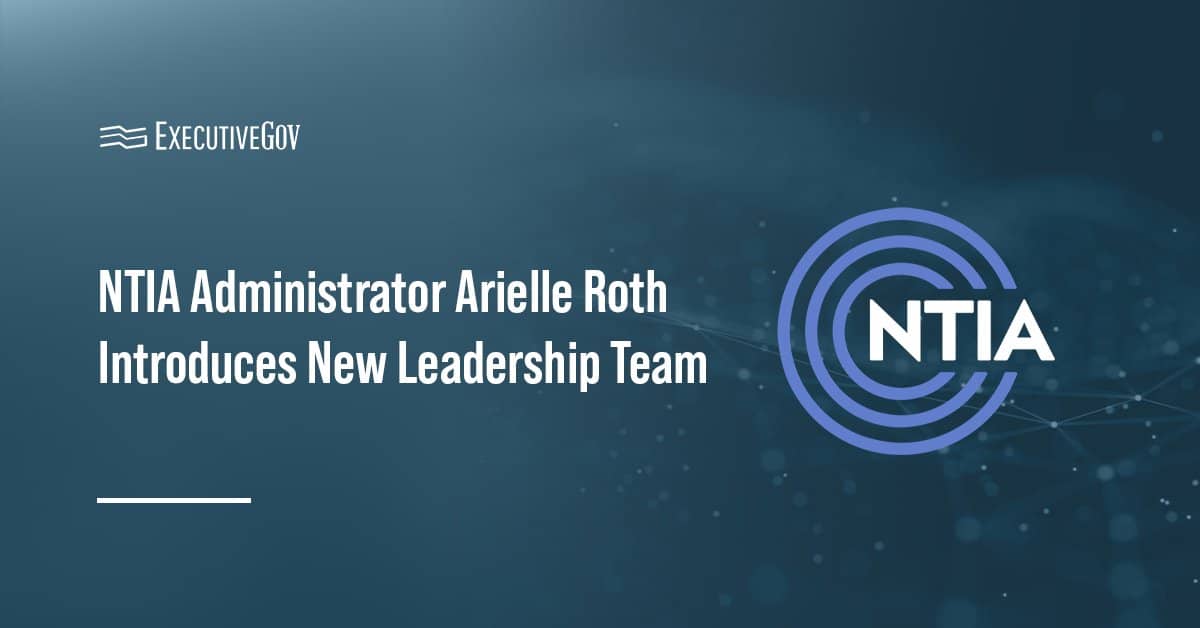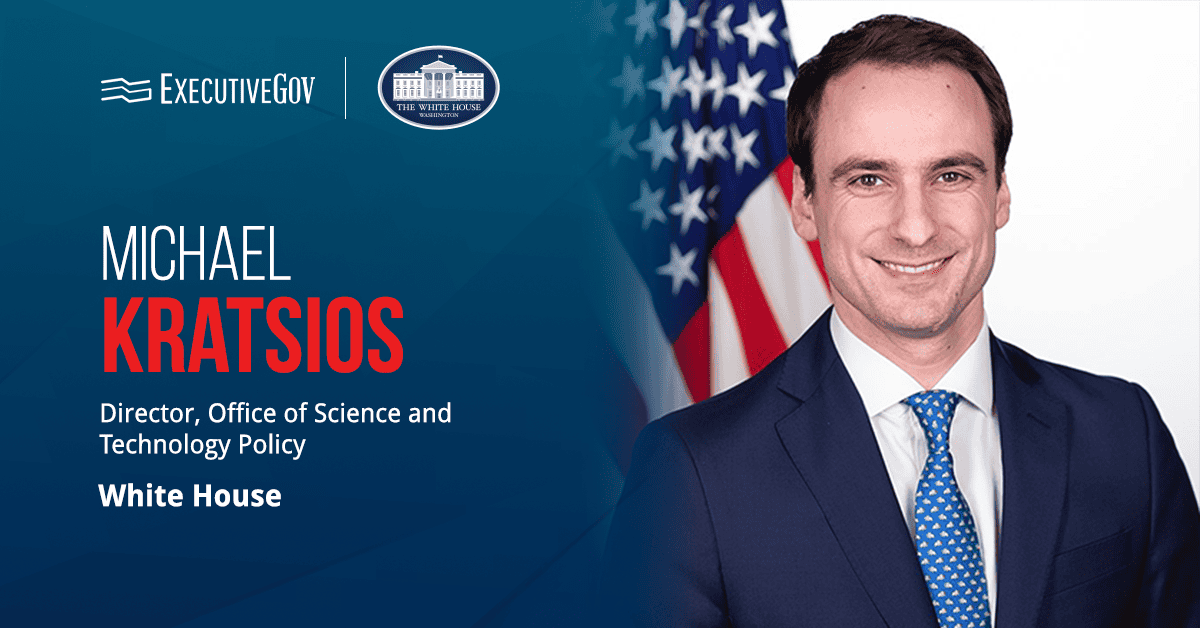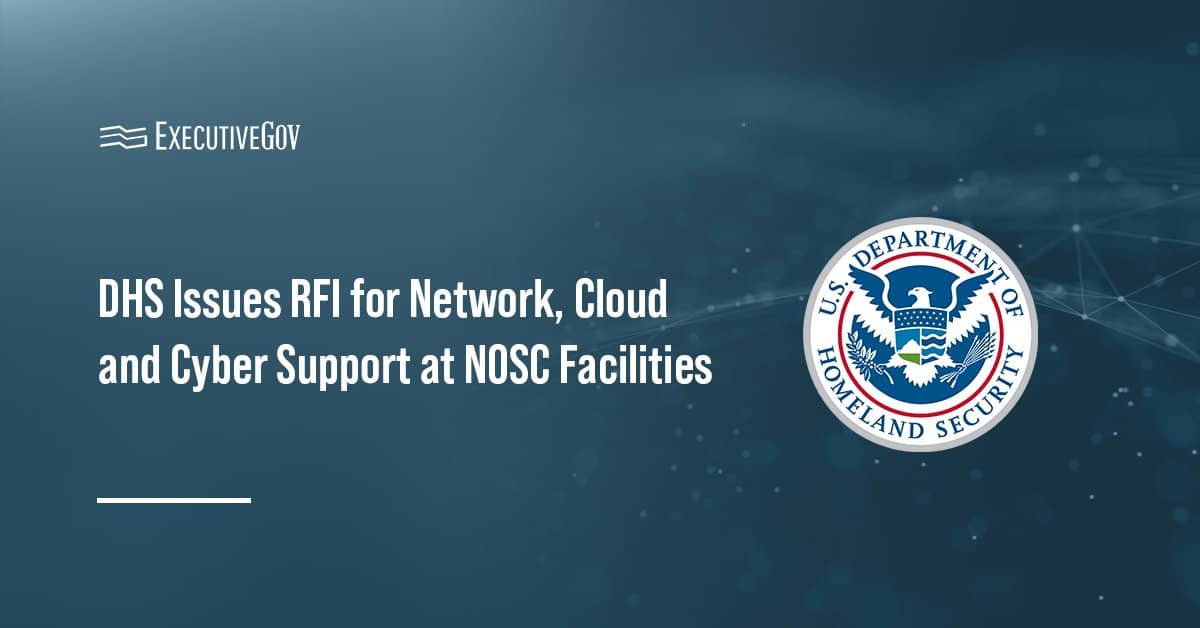The National Security Agency and the Cybersecurity and Infrastructure Security Agency have published the third of four parts in a series of guidance documents that tackle 5G cloud security.
The third part of the 5G Cloud Infrastructures security guidance focuses on preventing unauthorized individuals from accessing sensitive data, NSA said Thursday.
The Enduring Security Framework working group, a public-private partnership led by the two agencies, develops this guidance. The third installment discusses protecting sensitive data via encryption, secure protocols and cryptographic keys.
“As with the previous two parts of this series, CISA encourages the 5G community to review this guidance and take actionable steps to help strengthen the Nation’s 5G cloud infrastructure,” said Bob Kolasky, CISA’s assistant director for the National Risk Management Center.





